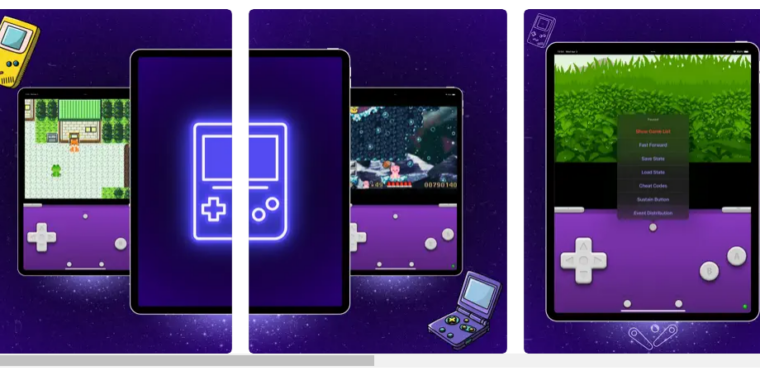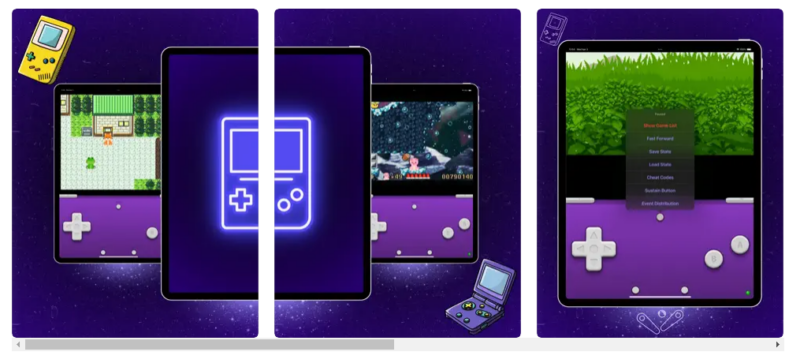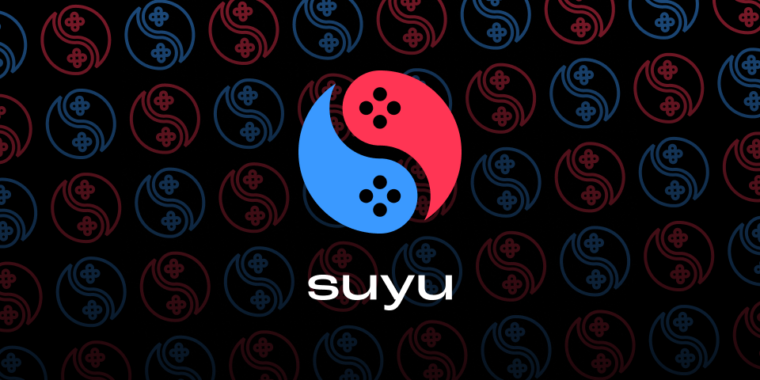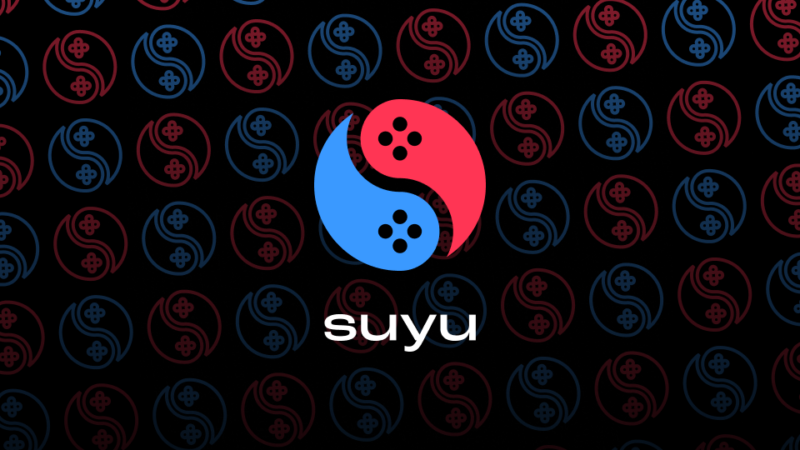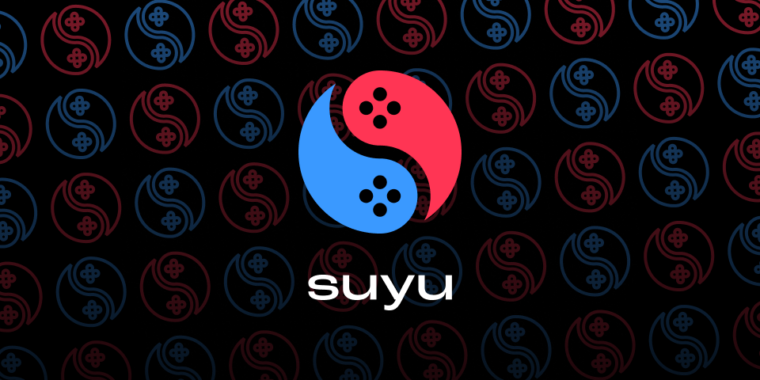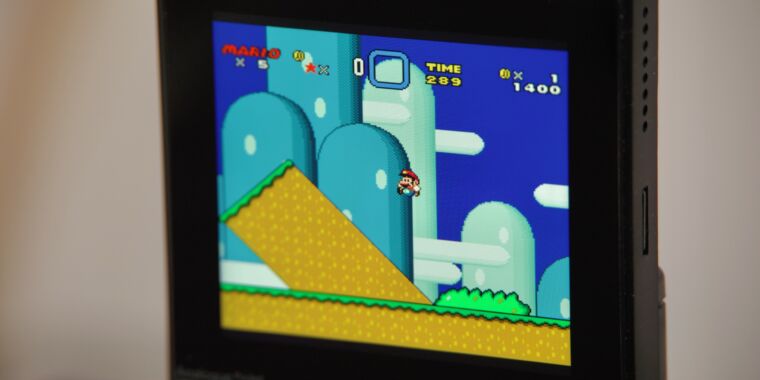Classic PC game emulation is back on the iPhone with iDOS 3 release
Emulation —
Apple amended its App Store rules to allow PC emulators, not just console ones.

Enlarge / The start of any journey in MS-DOS.
Samuel Axon
After a 14-year journey of various states of availability and usefulness amid the shifting policies of Apple’s App Store approval process, MS-DOS game emulator iDOS is back on the iPhone and iPad. It’s hopefully here to stay this time.
iDOS allows you to run applications made for MS-DOS via DOSBox, with a nice retro-styled interface. Its main use case is definitely playing DOS games, but it has seen a rocky road to get to this point. Initially released over a decade ago, it existed quietly for its niche audience, though it saw some changes that made it more or less useful in the developer’s quest to avoid removal from the App Store after it violated Apple’s rules. That culminated in it being removed altogether in 2021 after some tweets and articles brought attention to it.
But earlier this year, Apple made big changes to its App Store rules, officially allowing “retro game emulators” for the first time. That cleared the way for a wave of working console game emulators like Delta and RetroArch, which mostly work as you might expect them to on any other platform now. But when iDOS developer Chaoji Li and other purveyors of classic PC emulator software attempted to do the same for old PC games for MS-DOS and other non-console computing platforms, they were stymied. Apple told them that it didn’t consider their apps to be retro game console emulators and that they violated rules intended to prevent people from circumventing the App Store by running applications from other sources.
PC emulator UTM released a version of its software that worked around Apple’s rules, but it was a subpar experience. But on August 2, Apple amended its App Store rules to explicitly allow emulators of classic PC games. That opened the door for iDOS, which has made its triumphant return and works quite well.
Developer Chaoji Li’s announcement of iDOS 3’s availability didn’t have a tone of triumph to it, though—more like exhaustion, given the app’s struggles over the years:
It has been a long wait for common sense to prevail within Apple. As much as I want to celebrate, I still can’t help being a little bit cautious about the future. Are we good from now on?
I hope iDOS can now enjoy its turn to stay and grow.
P.S. Even though words feel inadequate at times, I would like to say thank you to the supporters of iDOS. In many ways, you keep iDOS alive.
Given that Apple’s policy changes were driven by regulatory concerns, it seems likely it’ll stick this time, but after everything that’s happened, you can’t blame Li for putting a question mark on this.
In any case, if you’re among the dozens (or maybe several hundred) of people looking to play Commander Keen, Might and Magic: The World of Xeen, Wolfenstein 3D, or Jill of the Jungle on your iPhone, today is your day.
Classic PC game emulation is back on the iPhone with iDOS 3 release Read More »

